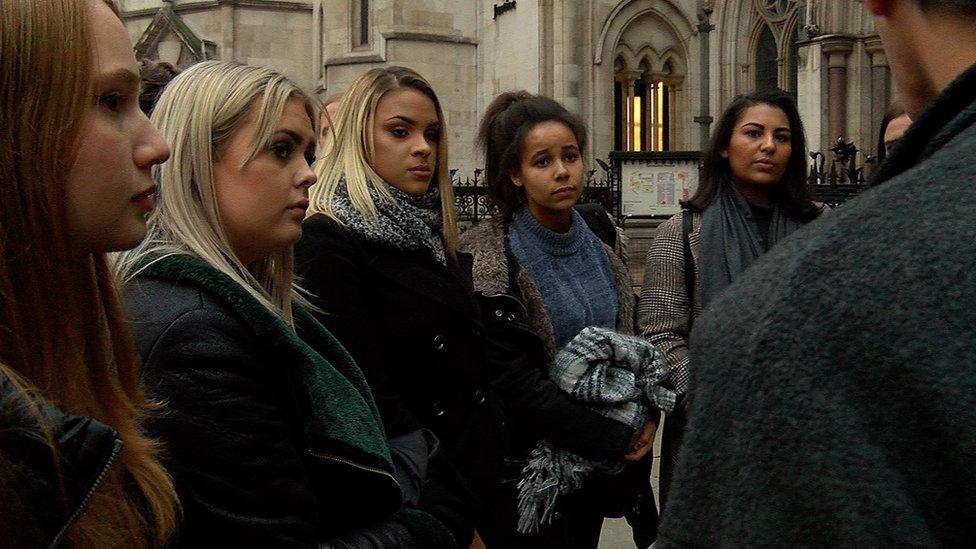Powys care worker cleared of sexually assaulting dementia patient
- Published
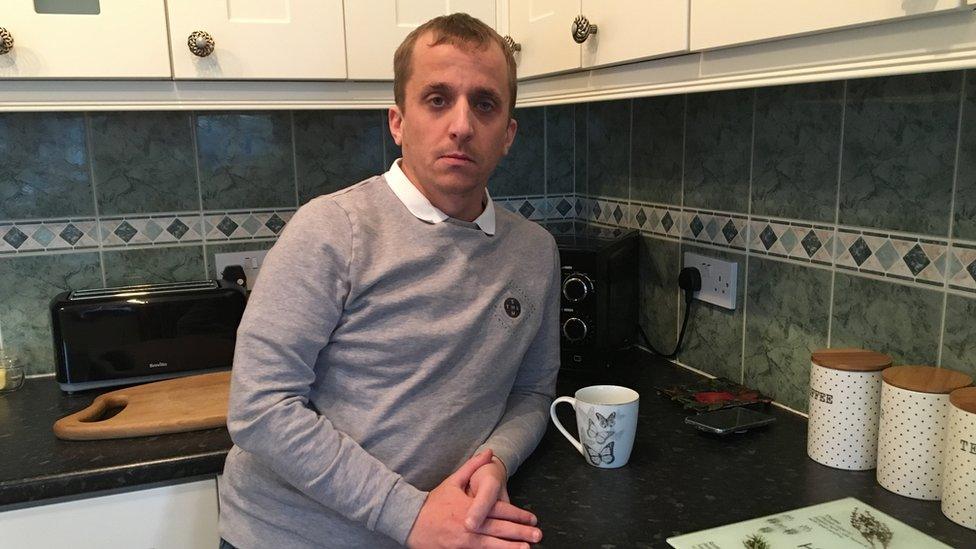
Gareth Jones always protested his innocence and will now be removed from the sex offenders register
A care worker with learning difficulties has been cleared of sexually assaulting an elderly dementia patient at a nursing home.
Gareth Jones, from Trecastle, Powys, was jailed in 2008 for what prosecutors described as a "vicious" attack.
Cardiff University's Innocence Project had taken his case to the Court of Appeal, believing it was a miscarriage of justice.
High Court Judges ruled his "conviction cannot be regarded as safe".
Mr Jones has had his name cleared and will now be removed from the sex offenders register. He said he had been treated as a monster and it was now time to get on with his life.
"I've lost almost 11 years of my life, I'm not going to get that back," he said.
"It's been tough, very tough for me. I've been bullied, jumped on, beaten up… now I can lift my head up high and move on."
Mr Jones was 22 when he was convicted of sexually assaulting the woman while he was employed at a care home near Brecon.
He had denied the charge but was jailed for nine years in 2008. His sentence was later reduced on appeal by two years after it was deemed excessive by a judge.
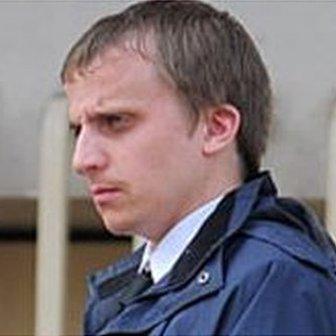
Gareth Jones when he appeared at Newport Crown Court
The 33-year-old served three and a half years in prison, and was on the sex offenders' register for life.
But on Friday, after years of work by students and experts at Cardiff University's Innocence Project - set up to contest alleged miscarriages of justice - his conviction was quashed.
High Court judges said while the details of the case were "highly unusual", having considered all the matters his conviction could no longer be considered safe.
In their summary the judges said if the case was heard today, Mr Jones would have been given support for his learning difficulties during the legal process, and the jury would have been directed to take it into account during their deliberations.
They said questions put to Mr Jones by the prosecution during cross-examination could be seen as "unfair" due to his learning difficulty.
"The charged and rhetorical nature of the questions and some of Mr Jones's responses would have been likely to leave the jury with the impression that he had no answer to the charge."
The judges said the prosecution's case had relied on Mr Jones's admission that he had asked a colleague to lie and say they were in the room with him when he discovered the elderly patient was bleeding - when he had been alone.
They also pointed to a lack of DNA evidence linking him to the woman's injuries, despite him not washing following the alleged attack, and a lack of alternative explanation put forward by the prosecution for how she could have sustained them.
Fighting for justice
In their written judgement, the judges acknowledged the "significant contribution" of the Cardiff University Innocence Project for working on his appeal.
It is the second time Cardiff's Innocence Project have successfully overturned a criminal conviction.
The team made history in 2014, after former gang member Dwaine George, jailed for life in 2002 after teenager Daniel Dale was shot dead in Manchester, was cleared of his murder.
He had always denied involvement and after the law students analysed his case a judge ruled his conviction was "no longer safe".
Mr Jones said he thought of the Innocence Project as a "second family", adding, "I owe my life to them, basically".
Prof Julie Price, who founded the Cardiff-based project, said: "It's fantastic for Gareth, it's a huge relief for us and it's hugely significant for our Innocence Project."
A spokesperson for the Crown Prosecution Service said: "We respect the decision of the Court of Appeal and will consider the findings of the judges."
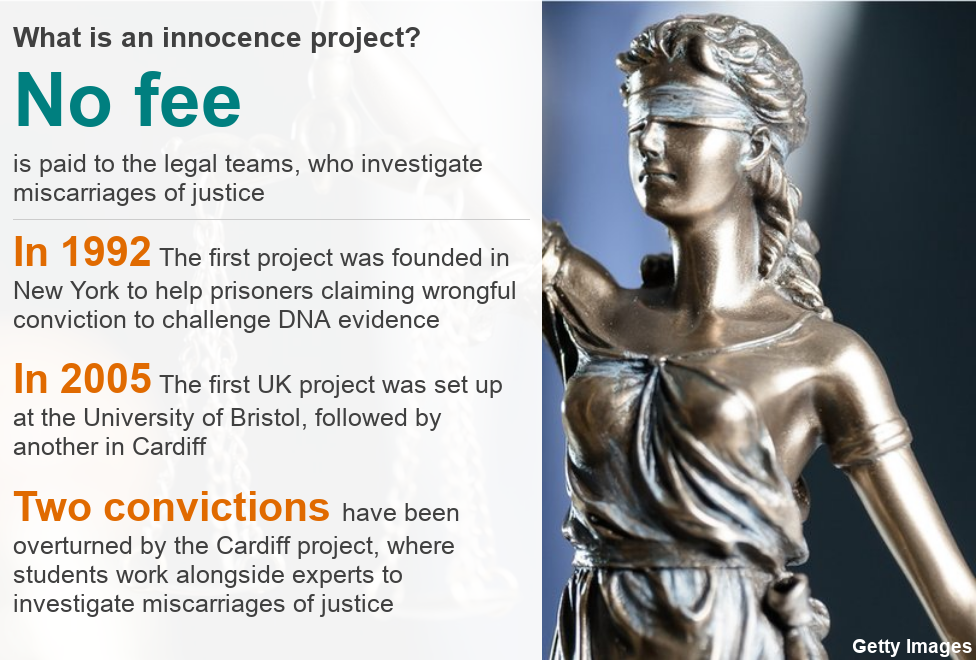
- Published21 December 2018
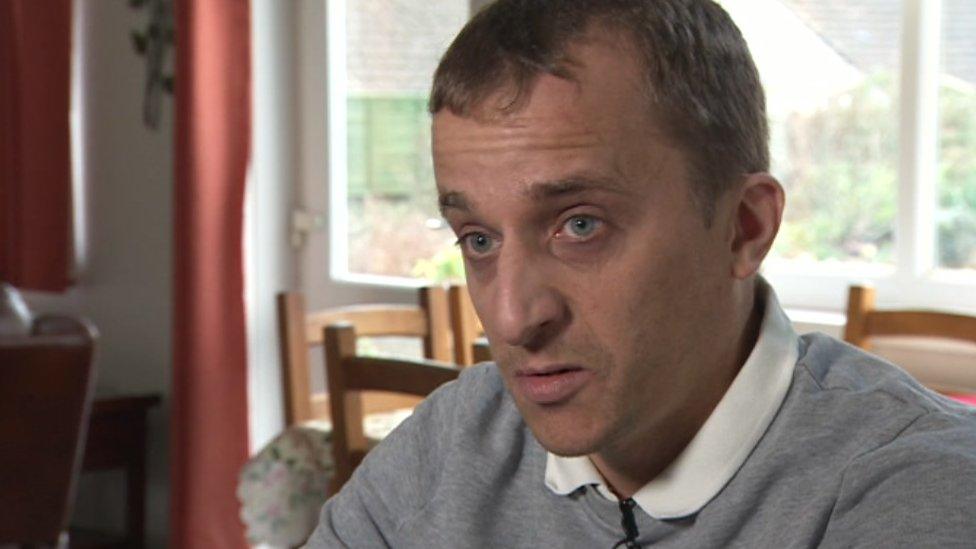
- Published26 November 2018
